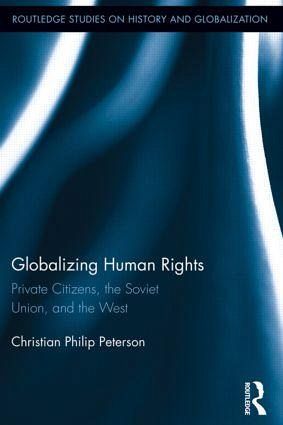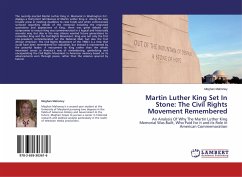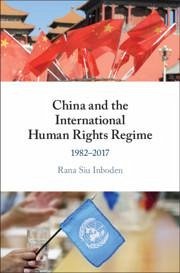
Globalizing Human Rights
Private Citizens, the Soviet Union, and the West
Versandkostenfrei!
Versandfertig in über 4 Wochen
187,99 €
inkl. MwSt.
Weitere Ausgaben:

PAYBACK Punkte
94 °P sammeln!
This work elucidates the complexities of how Western governments, private citizens, and the Soviet Union used the issue of human rights violations as ideological weapon during the Cold War. It will pay particular attention to how private citizens both shaped and became an important part of the U.S. government's efforts to weaken the international prestige of the USSR.














